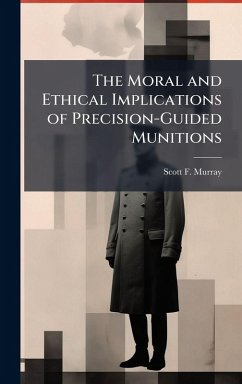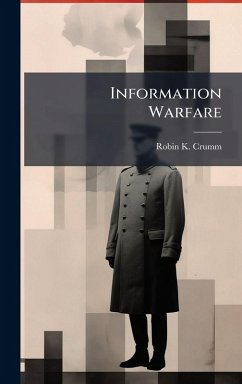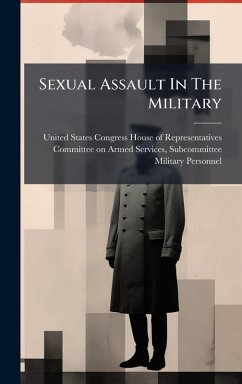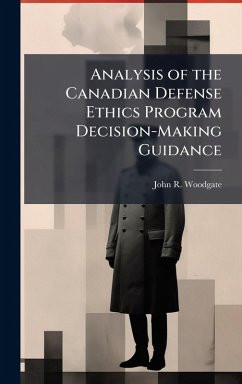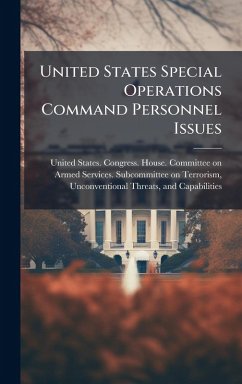
Don't Ask, Don't Tell
Versandkostenfrei!
Versandfertig in über 4 Wochen
25,99 €
inkl. MwSt.
Weitere Ausgaben:

PAYBACK Punkte
13 °P sammeln!
Homosexuals (to include bisexuals) are currently serving their country as members of the United States military. The existence of homosexuals in the military is not a new reality and the acceptance level of their military service has shifted over the years in an increasingly positive manner. An indicator of this acceptance level has been the government's policy for homosexuals in the military. The current policy enacted by President Clinton in 1993 opened the door for homosexuals to serve in the military on the condition that they refrain from revealing their homosexuality. The policy, commonl...
Homosexuals (to include bisexuals) are currently serving their country as members of the United States military. The existence of homosexuals in the military is not a new reality and the acceptance level of their military service has shifted over the years in an increasingly positive manner. An indicator of this acceptance level has been the government's policy for homosexuals in the military. The current policy enacted by President Clinton in 1993 opened the door for homosexuals to serve in the military on the condition that they refrain from revealing their homosexuality. The policy, commonly referred to as "Don't Ask, Don't Tell," was a compromise between President Clinton's desire to lift the ban entirely and end homosexual discrimination, and concerns by members of Congress and the military. One of the primary concerns voiced by Congressional and military members was the perceived negative affect allowing homosexuals to openly serve would have on good order and discipline. This work has been selected by scholars as being culturally important, and is part of the knowledge base of civilization as we know it. This work was reproduced from the original artifact, and remains as true to the original work as possible. Therefore, you will see the original copyright references, library stamps (as most of these works have been housed in our most important libraries around the world), and other notations in the work. This work is in the public domain in the United States of America, and possibly other nations. Within the United States, you may freely copy and distribute this work, as no entity (individual or corporate) has a copyright on the body of the work. As a reproduction of a historical artifact, this work may contain missing or blurred pages, poor pictures, errant marks, etc. Scholars believe, and we concur, that this work is important enough to be preserved, reproduced, and made generally available to the public. We appreciate your support of the preservation process, and thank you for being an important part of keeping this knowledge alive and relevant.





